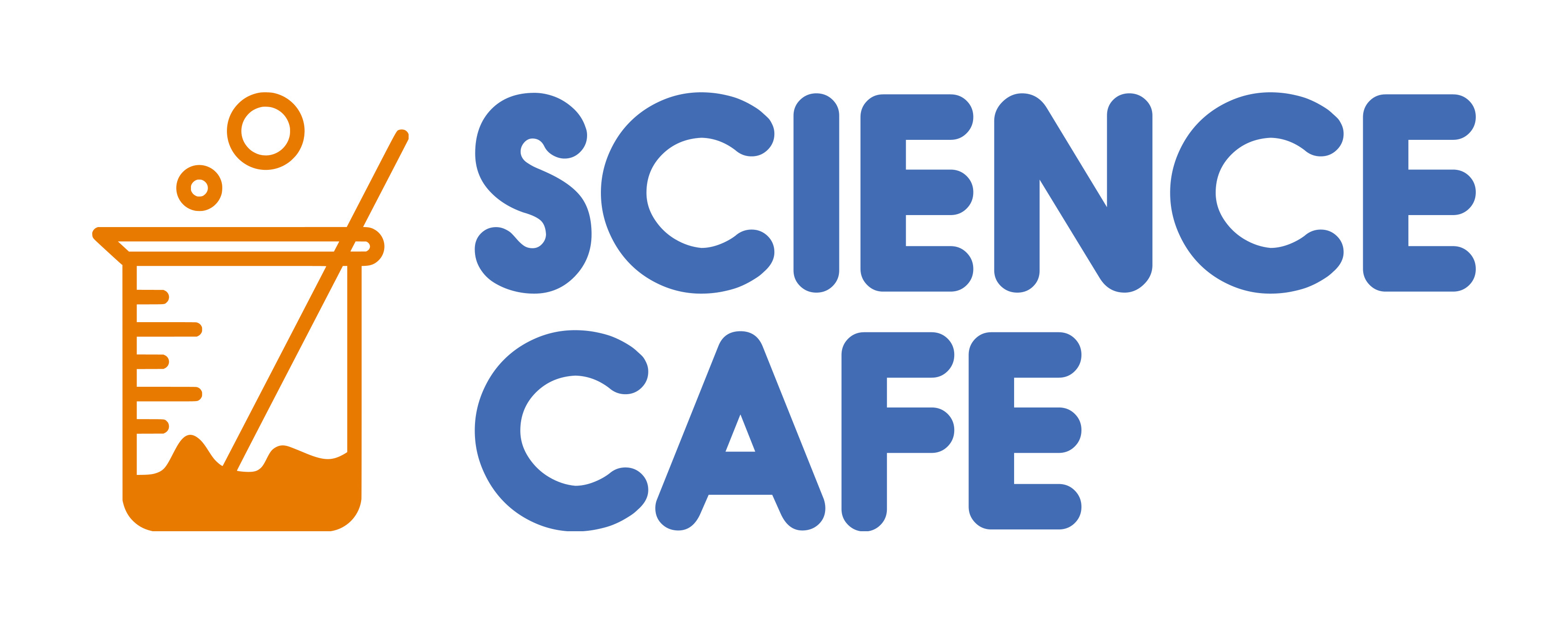Note Taking
Note Taking

Effective note-taking is essential for
successful revision, and the benefits of developing this skill cannot be overstated. By taking organised and concise notes, students can easily reference the material during their revision period, which allows them to focus on what's important and avoid wasting time sifting through irrelevant information.
Good note-taking also improves retention and understanding of the material, making it easier to recall important concepts when it comes time to sit for exams or write papers. With so much at stake, developing effective note-taking strategies that work best for you is crucial.
Why good note-taking is important for successful revision
Effective note-taking is a critical skill for academic success, particularly during revision Students may struggle to understand and remember information, prioritise essential concepts, or summarise key points without good note-taking habits. Additionally, poor note-taking can lead to wasted time and confusion during revision. On the other hand, well-organized and detailed notes can serve as a reference for future studies or exams, saving time and effort in the long run. Therefore, developing effective note-taking practices is crucial for students looking to succeed academically.
Types of Note-taking Tools
Effective note-taking requires the right tools. While traditional pen and paper may work for some, digital note-taking apps like Evernote or OneNote are becoming increasingly popular due to their organisation and searchability features. For those who prefer an auditory method, voice recording apps can capture lectures or discussions. Mind mapping tools offer a visual way to categorise information and connections between ideas, while flashcards can help with memorisation and recall of key concepts. It's important to explore different note-taking tools and find the one that works best for your learning style.
Different note taking methods
Mind maps
Flashcards
Abbreviations
Uderlining or highlighting
Summarising notes at a later date
Colour coding notes
Using diagrams, graphs or charts to show an idea or concept
Key word lists
Conclusion
When it comes to note-taking revision, summarising and condensing notes can be a game-changer. Not only does it help you identify the most important information, but it also makes it easier to review and reinforce what you've learned. One effective way to summarise your notes is by using abbreviations and symbols, which condense complex concepts into smaller, more digestible chunks. Another useful technique is organising your notes into categories or themes, helping you better understand how different pieces of information relate to one another. Additionally, creating visual aids such as diagrams or mind maps can also help you summarise and condense complex information into an easily understandable format. By utilising these tips for summarizing and condensing notes, you'll be well on your way to mastering note-taking for successful revision.



